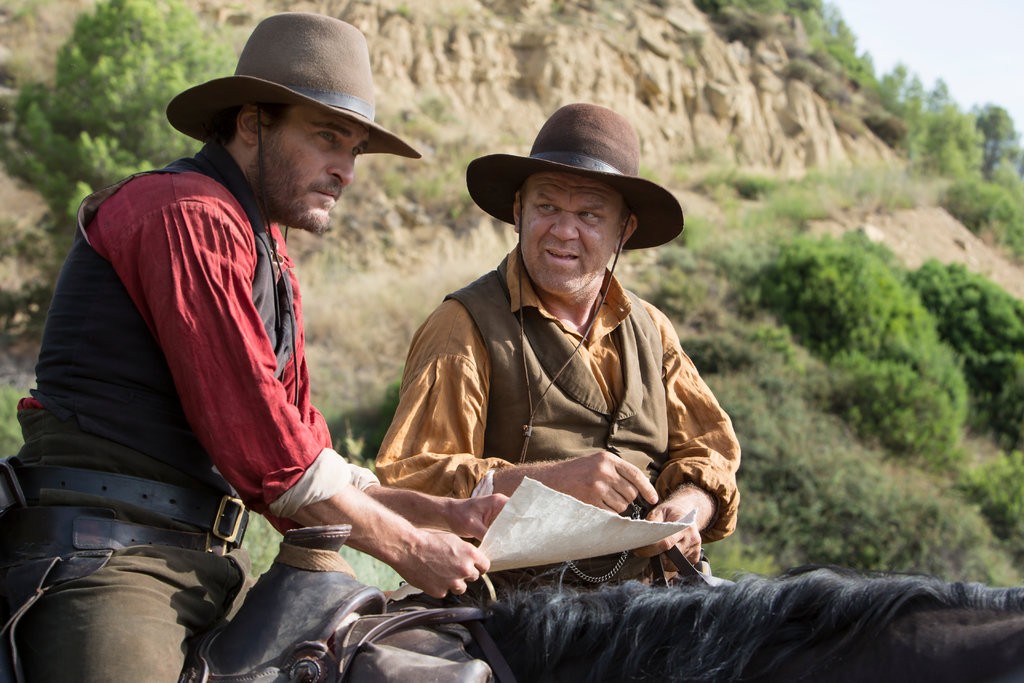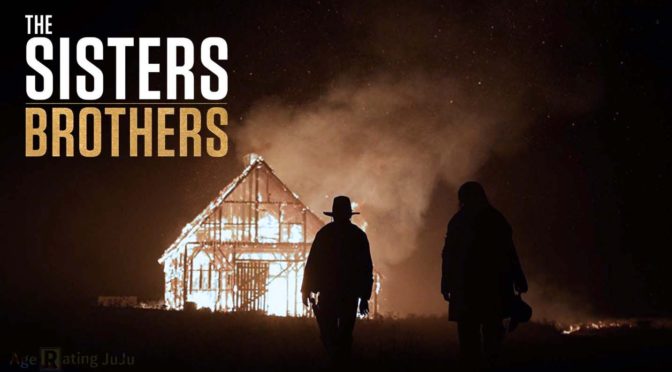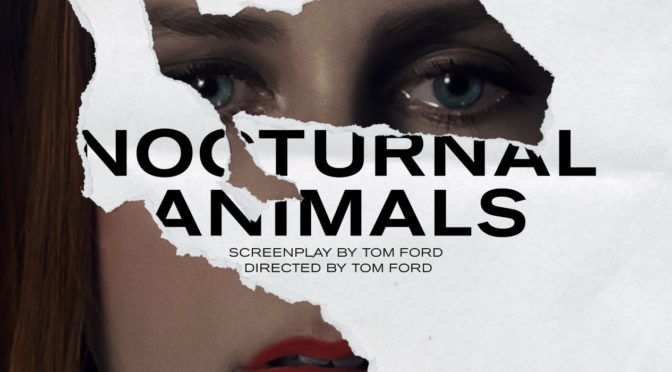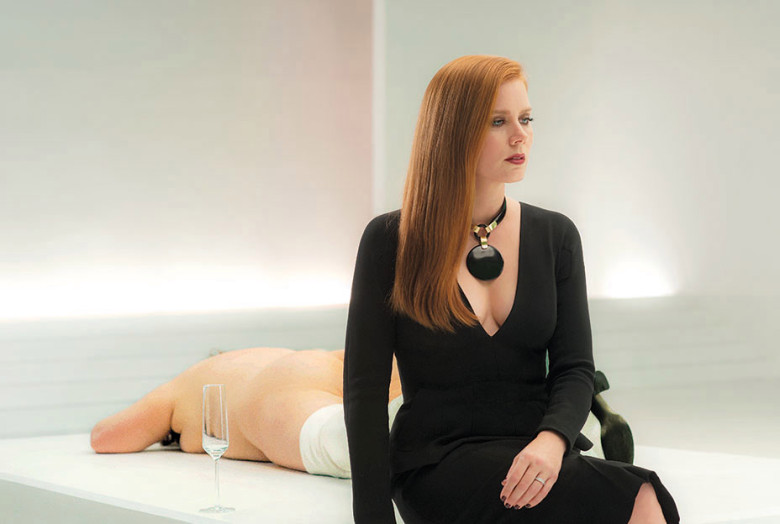The Sister’s Brothers is the first American film made by acclaimed French director Jacques Audiard and is, sadly, a disappointing fumble. Eli (John C. Reilly; Step Brothers) and Charlie Sisters (Joaquin Phoenix; Her) are hitmen in the wild west known for their deadly skill. They are tasked with finding a detective traveling with a chemist (Jake Gyllenhaal and Riz Ahmed; Nightcrawler)who has developed a concoction that locates gold deposits in riverbeds.
Audiard is a strange choice for this material. His most well-known works like A Prophet or the Palm D’or winning Dheepan are known for raw realism in difficult situations like entering prison or being an extremely poor immigrant in a new country. There are moments in this film where his eye for adversity comes through. When the abrasive formula is used in water, Audiard’s camera lingers on the scars left on the legs of the main characters and hints at an alternative tone the director could have taken.
In many ways, the western genre should have been ideal for Audiard’s sensibilities. The somewhat romanticized depictions of this period emphasize the freedom of life on the frontier, but gloss over its difficulties. A film focused on the daily struggle against the harsh wilderness and banditry would have been a perfect match for his skillset. Instead, the partially comedic narrative feels out of place.

The problem begins with the casting. As the two brothers, Reilly and Phoenix bring too much comedy to the roles. The characters are written as a low level hustler (Phoenix) and a big, dim-witted, but well-meaning follower, essentially a twist on Lennie Small and George Milton from Of Mice and Men. The film is cut to use Reilly’s character and the brothers’ frequent squabbles for laughs, but this actively clashes with Audiard’s attention to detail. Phoenix relies on what has become his standard affect (the tilted head, crooked smile, and belabored delivery) which ranges from too serious to too playful for the situations at hand and Reilly’s history as a comedian makes him incongruous in the setting. The brothers, as portrayed by Phoenix and Reilly, would have been right at home in Seth MacFarlane’s A Million Ways to Die in the West. They are caricatures that don’t belong in a serious film.
The script is a tonal mess. Written by Audiard and his frequent co-author Thomas Bidegain (A Prophet), it tries, unsuccessfully, to walk the line between humor and harsh realism and does so without a driving force to the plot. Their initial goal of finding the detective and chemist falls by the wayside partway through and no real replacement ever appears. As a black comedy, the lack of a plot direction would not be a major detriment. Even great comedies often have bare plots as use them as little more than an excuse for additional gags. But because Audiard has created an authentic setting, their purpose is noticeably absent and it makes the two hour film feel much longer. It’s unfortunate that the beautifully realized detail is squandered by the script, miscast leads, and conflicted direction. The Sisters Brothers is ultimately a set of ill-suited components forming an unsuccessful dark comedy and a meandering western.

2/5 stars.



